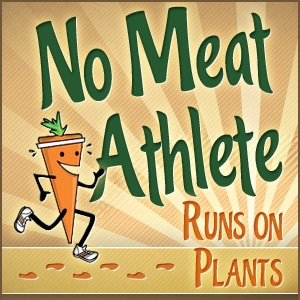Will was born around 4-1/2 months ago. The whole thing took a lot out of me. It made me wonder how on earth our species has persisted for some 6 million years on this planet: why would any woman go through this thing again after knowing all it entailed?
They say that you forget the pain of labor, but it didn't seem possible that I would ever forget it. I did it without any pain medication, all 23 hours of it, and I felt every last thing. It was not the type of transcendent experience I had read about in Ina May's Guide to Childbirth. I never noticed the natural endorphins my yoga teacher had assured us would kick in. In fact, it was flat-out the scariest experience I have ever had. I didn't know it was possible for a human being to scream as loud as I did.
But then when Will was about 3 months old, I realized I couldn't quite describe what a contraction felt like anymore. And gradually, I stopped reliving the whole traumatic thing every minute of every day. While we were out for a walk in the neighborhood one afternoon, I actually said to Rob, "You know, it wasn't that bad. I could probably do it again if I had to." He looked at me like I had lost my mind and said something to the effect of, "Are you freaking kidding me?" I guess the experience wasn't far enough in the past for him to forget.
At my dissertation defense party a few weeks ago, I was talking about Will's birth with SL's wife and some of the other graduate students from my department. I marveled again at how there came to be some 6 billion people on the planet when the process of giving birth is our only means of multiplication. SL's wife, who has had two children herself, replied that there are many reasons why someone would choose to not have any more children after the first one, but that remembering the pain of labor wasn't one of them. Maybe you forget, or maybe it just stops mattering.
For the longest time after Will's birth, I looked back on the whole experience with so much negativity. I felt like I had fallen apart during his birth--what with my stalling at 5 cm for 4 hours and then with all the screaming I did. But finally, enough time has passed that I am beginning to look at the positive aspects instead of just the negative. No matter how ugly it got, I did it, and on my own terms. I'm just on the cusp of starting to see it as pretty amazing.
Thanks for reading.



